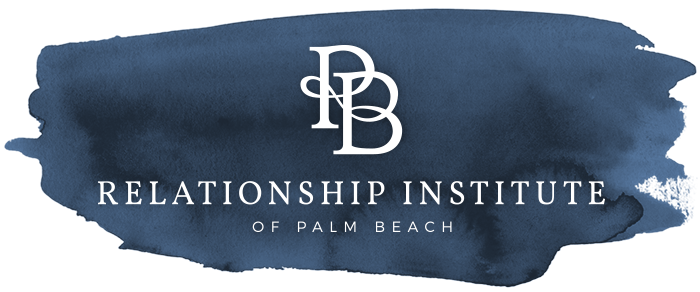Attachment Styles - Why Opposites Attract
Published on September 11, 2017. Updated on August 5, 2022.
The age-old adage ‘opposites attract’ is probably one of the most well-worn and timeless phrases of all time. And like most other time-honored sayings, it has remained so widely popular because… well, it’s true! For whatever reason, many of us find ourselves attracted to individuals who are seemingly polar opposites. If we are highly educated and career-oriented, we may find ourselves attracted to jobless college dropouts. If we are strictly religious and relatively modest, we may find ourselves attracted to a flashy atheist. It just seems to work out that way. In many instances, differences that seem problematic at first end up adding spice and diversity to your romantic relationship. You learn to compromise, and you become a more open-minded and well-rounded individual.
Of course, this is not always the case. In some instances, differences cannot so easily be overcome. It is often true that individuals who crave intimate closeness in romantic relationships are attracted to individuals who prefer distance and complete autonomy. When relationships like this develop, they are – more often than not – doomed to ultimate failure. This incompatibility involves more than a difference in favorite pastimes or belief systems – this difference lies at the very core of each individual, and directly relates to his or her attachment style. The science of attachment defines an individual who exhibits a strong preoccupation with his or her relationships as anxious. Those with anxious attachment styles deeply crave emotional intimacy. Those who wish to reduce intimacy in order to remain independent are defined as avoidant. Avoidant individuals are less aware of the needs of their partner, while anxious individuals are hyper-aware of any perceived threat to their relationship.
Interestingly enough, the attraction between these two intensely opposite individuals is often quite mutual. The anxious individual tends to idolize avoidant tendencies, viewing self-sufficiency and autonomy as attractive qualities – qualities they often wished they possessed themselves. The avoidant believes that he or she is more self-reliant and proficient than others, and the anxious individual only confirms this belief. The avoidant derives great personal pleasure from feeling stronger and more capable than his or her partner. When two such individuals develop a partnership, it almost instantaneously becomes an ongoing power struggle, full of emotional highs and lows. Even if the relationship does last, it will be very draining on both partners.
Once you become aware of your attachment behavior, you become willing to change and shape the way you function within your relationships. Of course, in order for a dysfunctional relationship to begin improving, both parties must heal separately. The majority of research suggest that patterns of attachment remain relatively consistent over time, but many psychological professionals and relationship therapists believe that negative attachment patterns can be interrupted with a lot of personal insight and hard work. Even for those who have an anxious-avoidant attachment style, secure attachments within relationships is possible. Individuals who take the time to reflect on their relationships and develop themselves have the best chance of harmony and functionality in their romantic partnerships.
Further Reading: To learn more about Avoidant Personality Disorder, Click Here.


